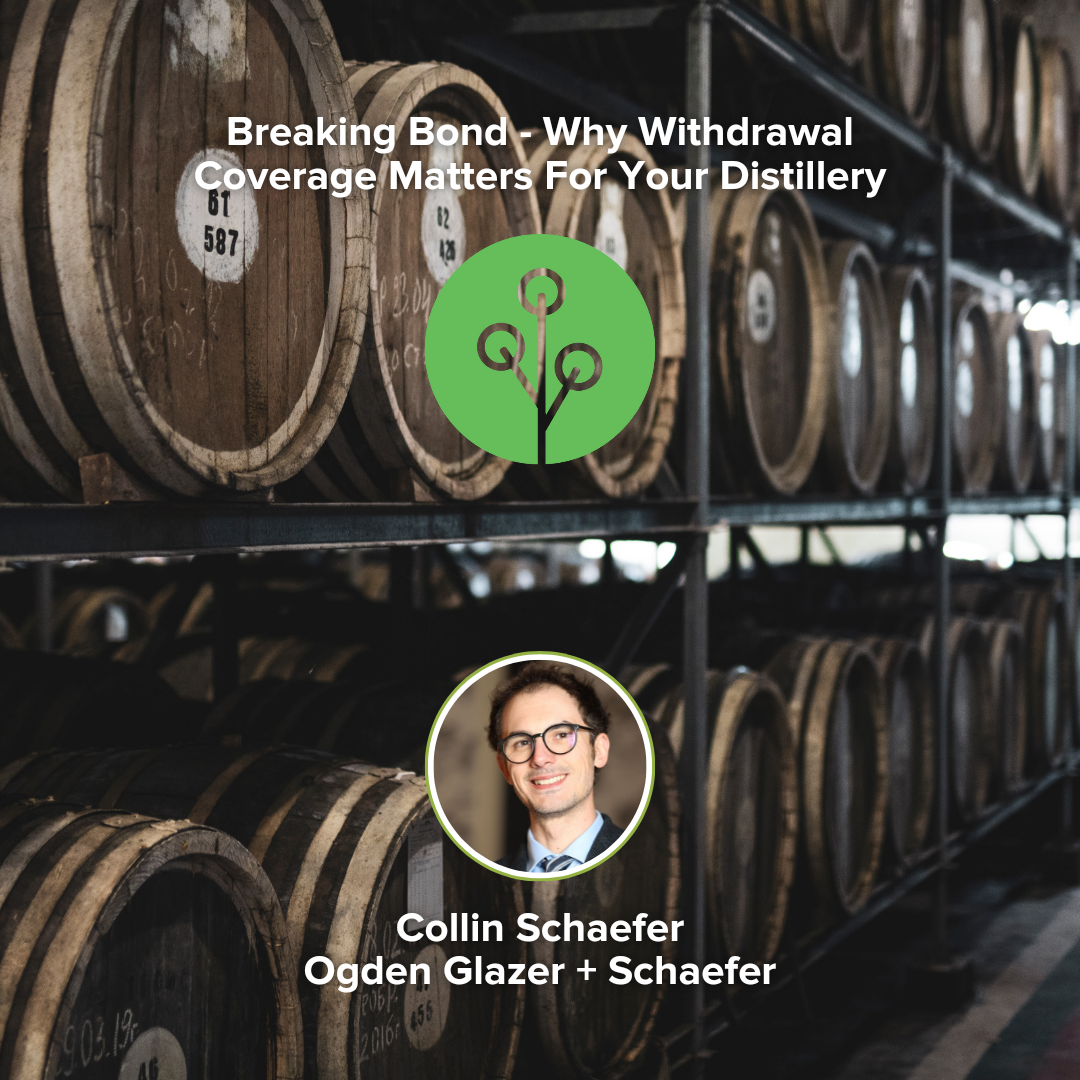As an extension filer for almost the entirety of my adult life, I’m all too well aware that while the US Treasury might give you an extension on the time to file, there is never an extension of the time to pay your taxes. This applies to income tax and excise tax – and if you’re a distillery that is subject to a bond requirement because your excise tax remittances and production volumes are high enough, ensuring you have adequate withdrawal bond coverage is important.
First and foremost, if you’re not a DSP that is subject to a bond with the Alcohol Tobacco Tax and Trade Bureau (TTB), this post will not really apply to you. Keep an eye on your production levels, though; you’ll want to know when you’re about to cross the threshold that triggers bond requirements. And remember, you only get a one-month grace period to set up a bond once you’re required to have one.
If you’re subject to TTB’s bond requirements, the bond is usually divided into two parts: operations coverage and withdrawal coverage.
Operations coverage is required and covers what you’re producing at the distillery or what’s shipped to you under a Transfer in Bond.
Withdrawal coverage is not required and covers when product leaves your warehouse before the excise tax is paid, covering the period between the product leaving your dock and the date you file and pay taxes on it.
If you do not have withdrawal coverage, or you do not have adequate withdrawal coverage, you must pay the taxes due at the same time the product breaks bond (a.k.a. pre-pay or pay on the same day it leaves the dock – not on your usual schedule). Given the logistics of production, shipping and when most DSP’s pay their taxes, having withdrawal coverage makes a lot of sense and, although its not technically required, is always something we recommend.
Thanks for reading.

